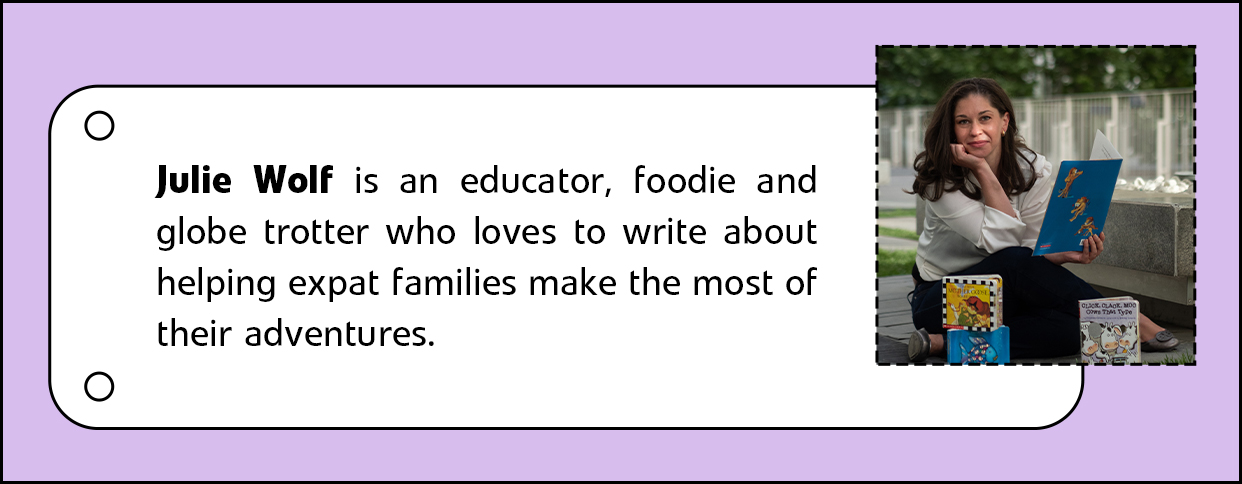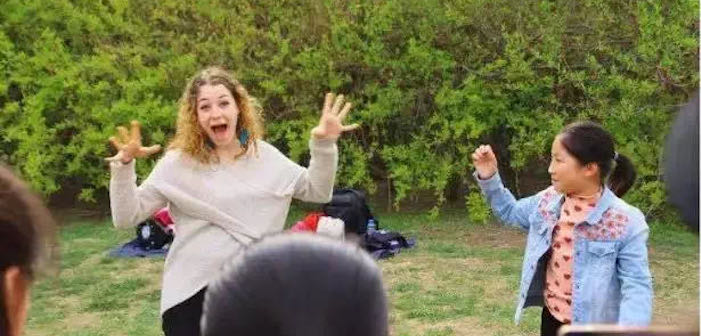Summer camp. It used to mean hiking, friendship bracelets, and crushes on your counselor. But like most things, it has evolved. Gone are the hazy, lazy days filled with macramé and s’mores while you attempted to forget that school books were just around the corner. Now the expectation for many parents is that camp should be another form of school. Some students dread their camp time because it means more drills, reading, and studying. But good news for everyone; there is a middle-ground.
It’s called Play/Project Based Learning or PBL. And it’s no secret I’m a fan. PBL uses projects as a way to present children with problems that need to be creatively solved. The educator’s job is to help guide the children towards multiple solutions. It encourages creativity, problem-solving, communication, and collaboration. However, most importantly, when done well, it’s fun!
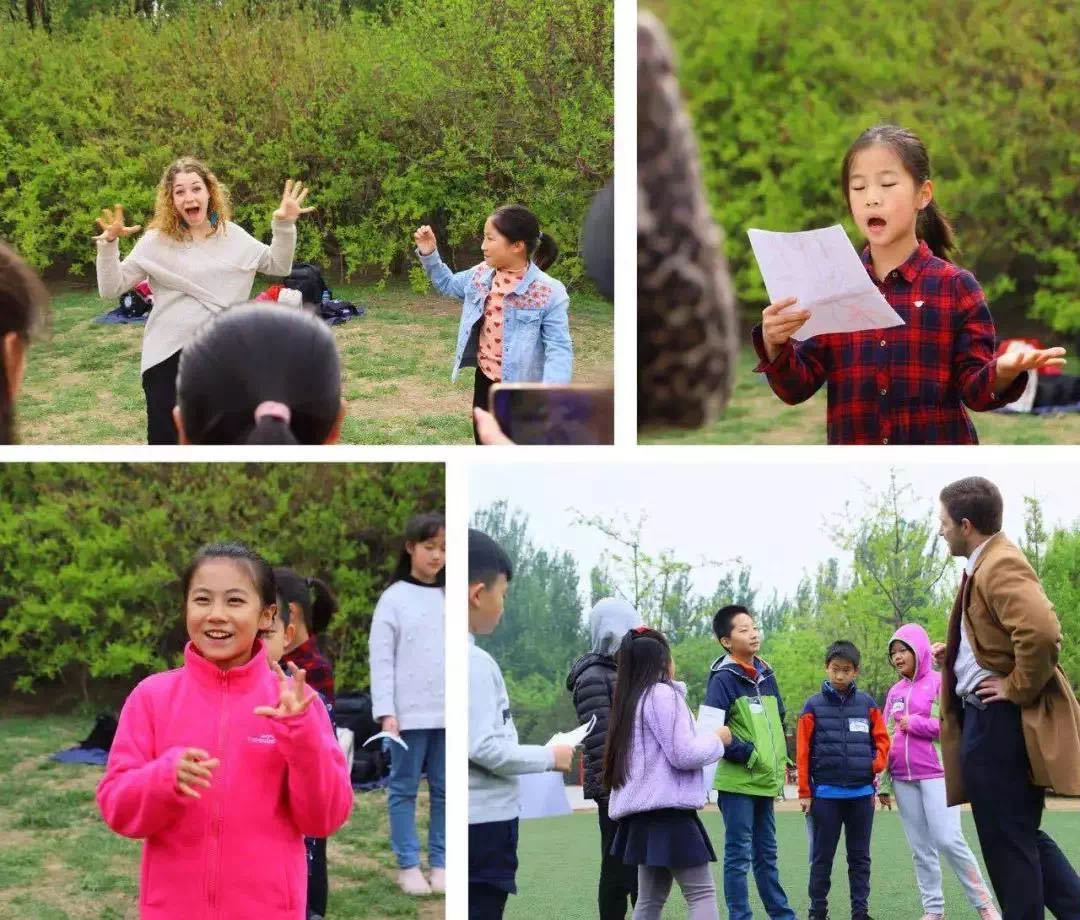
But don’t take my word for it. I reached out to two of my fellow PBL educators here in Beijing and asked them to share a little bit about what makes this form of learning so special.
Jennifer Hyde Sachs is the founder of The Learning Center (TLC) and administrative principal at Hyde Academy. Her program runs the TLC Residential Camp in Miyun. Sophie Su is the co-founder of Pingo Space’s Pingo Academy and Survival Camp.
Why is experiential or project-based learning so important?
Sachs: Students of all ages learn better when they can manipulate materials, connect the dots to create a great final project, and discover for themselves. Another key component is that PBL allows for students to make mistakes and learn from them. It teaches resilience in a way that more traditional structures can’t.
Su: PBL allows students to gain skills, behaviors, knowledge, and attitudes that will support them in leading successful lives in the future. Students work together to investigate an authentic problem and are rewarded with enhanced communication and problem-solving skills. PBL lets our students use their English in different situations for different purposes. This is critical for the learning process because students may not realize how much they actually know and understand until they are confronted with situations that demand creativity.
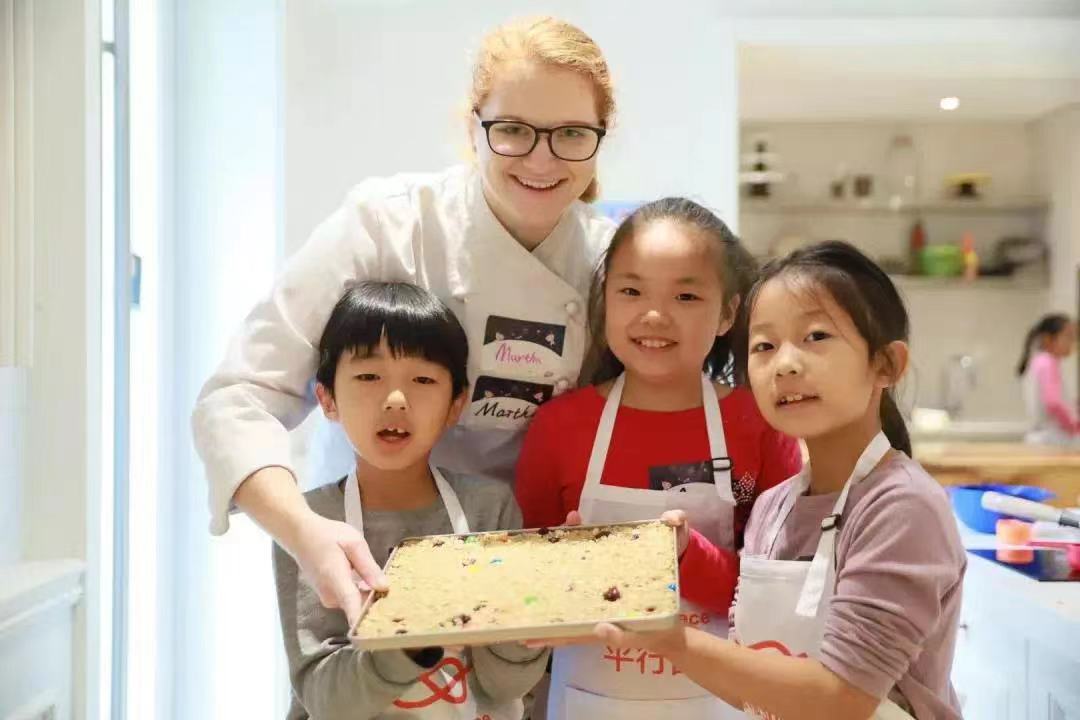
What makes a good PBL project?
Sachs: As the old saying goes, if you teach a man to fish, he can eat for a lifetime. Fishing is great PBL – the objective is to eat, and the results help to teach us how to improve the process – how to do better each time. This is a type of learning that is more about the journey than the destination.
Su: At Pingo Space, each project we design is based on a real-world problem that the students work on over five weeks. Topics range from building a better zoo in Beijing to creating a music video to promote your city. The goal is to give children an opportunity for hands-on education with outside-the-box thinking.
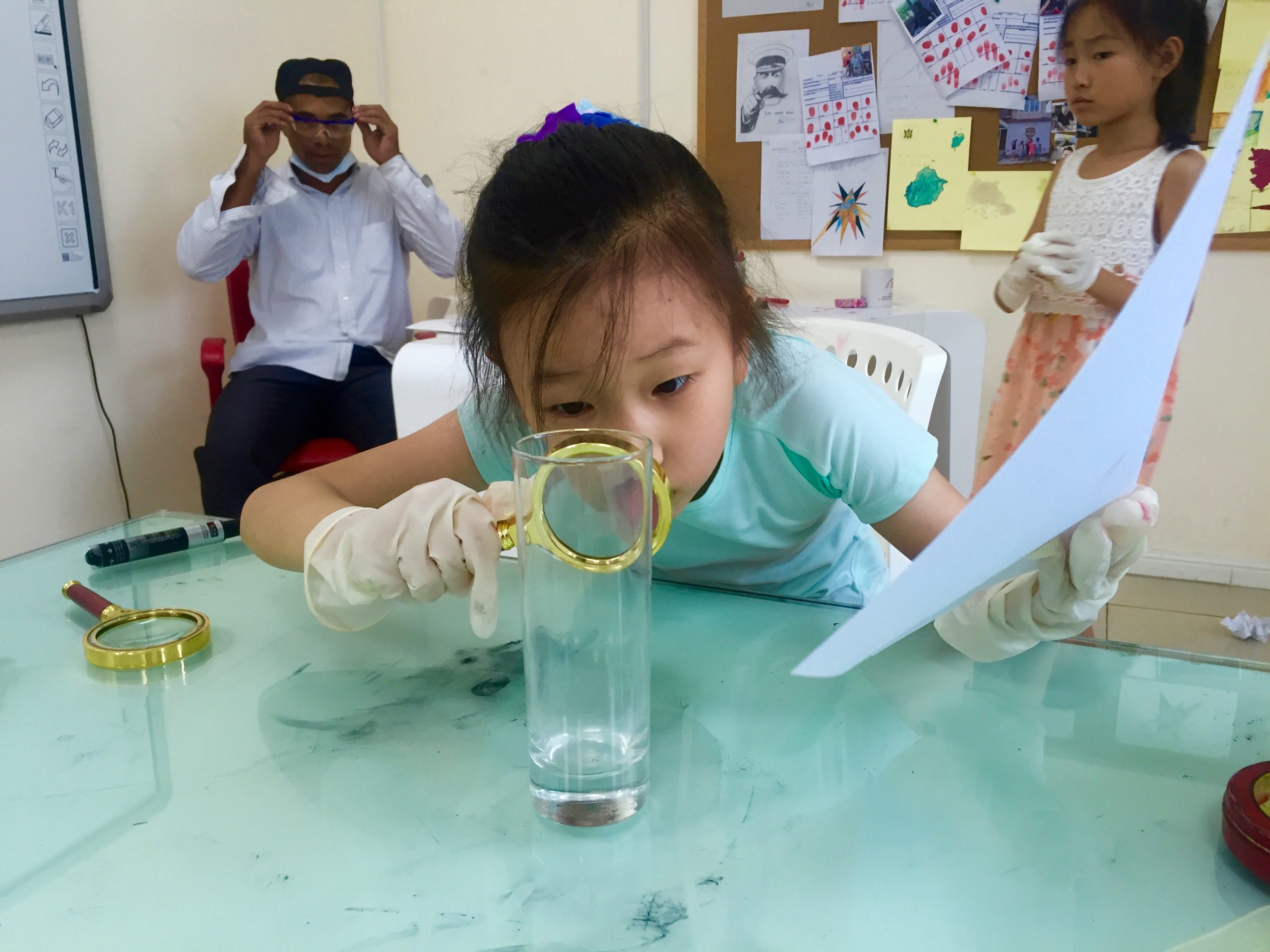
What is your all-time favorite project and why?
Sachs: One of my all-time favorites is the Town Builder Project that we do with our upper elementary students. In this project, students learn about the planning challenges of building cities, and then they create a city of their own in teams. The process of working with others to determine the location of important places in a city – including the not so pleasant ones like jails, waste disposal plants, and factories – is an incredibly important lesson in how we govern ourselves, how we work together to solve problems, and how our actions impact others.
Su: Pingo Space students were assigned the project of creating a rap song to help promote their city. With our students being based in Beijing, they wrote amazing raps and rhymes about the beautiful and vibrant city of Beijing! After writing their lyrics, the students chose a personalized beat to follow and perform the rap to and each even created their own self-produced music video.
Writing music and lyrics is a very creative process that allows students to express themselves in a unique way. It challenges their creativity and language skills and had them assess different ways of expression. It ended in the Pingo Space Rap Battle Arena and the kids gave great performances while speaking on their love for their home city, Beijing!
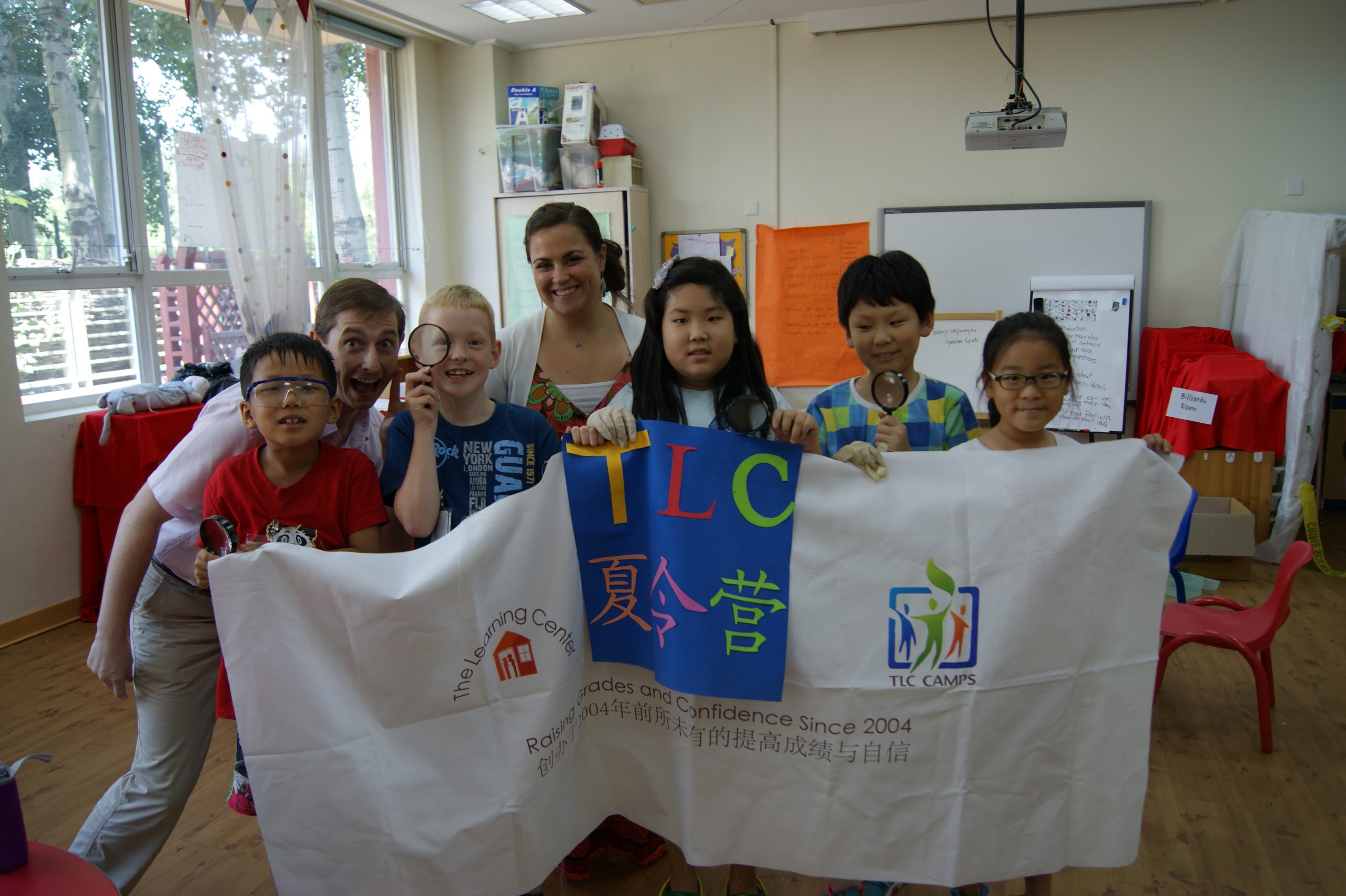
How can camps incorporate this type of learning into their programming?
Sachs: Actually, camps are in an ideal position to use PBL as they are not stuck in the more traditional role of schools that sometimes need to face the legal and societal requirements of testing and textbooks. Week-long periods are great for PBL and students can sample a variety of programs to see what really excites them. I have seen a student who changed his life plans by spending a summer “playing” with STEM and discovering that he wanted to be an engineer when he previously hated science in his more traditional school. He has since gone on to become a biochemical engineer.
Su: Camp can be the project! At Pingo Space students planned and gave a pitch about their ideal summer including camp themes, camp activities, and some even created an innovative camp location design!
Are there ways parents can incorporate PBL at home?
Sachs: PBL really is just a way of learning. Homeschooling parents have done this for years, and we can definitely do this at home with our children. The key is to focus on the process rather than the end result. It also helps to let your child choose as much as possible. There are so many opportunities to explore what you love through projects with your children. Setting up a terrarium to see how plants and animals interact in a habitat is PBL. Learning to cook a different food from a new country each week is PBL. Planting a garden of edible plants is PBL. This can be an incredibly powerful way to connect with your children as well as learn something new together.
Su: Parents can incorporate PBL at home by including their children in problem-solving. For example, if your family is deciding what restaurant to go to, then ask your child what they want, and don’t be afraid to make them justify their choice. Children could also be included in decisions like where to go on vacation and, depending on the age of the child, then parents could have them do research and present ideas and a plan. This doesn’t need to be very formal, and it will give children problem-solving abilities that will serve them later in life.
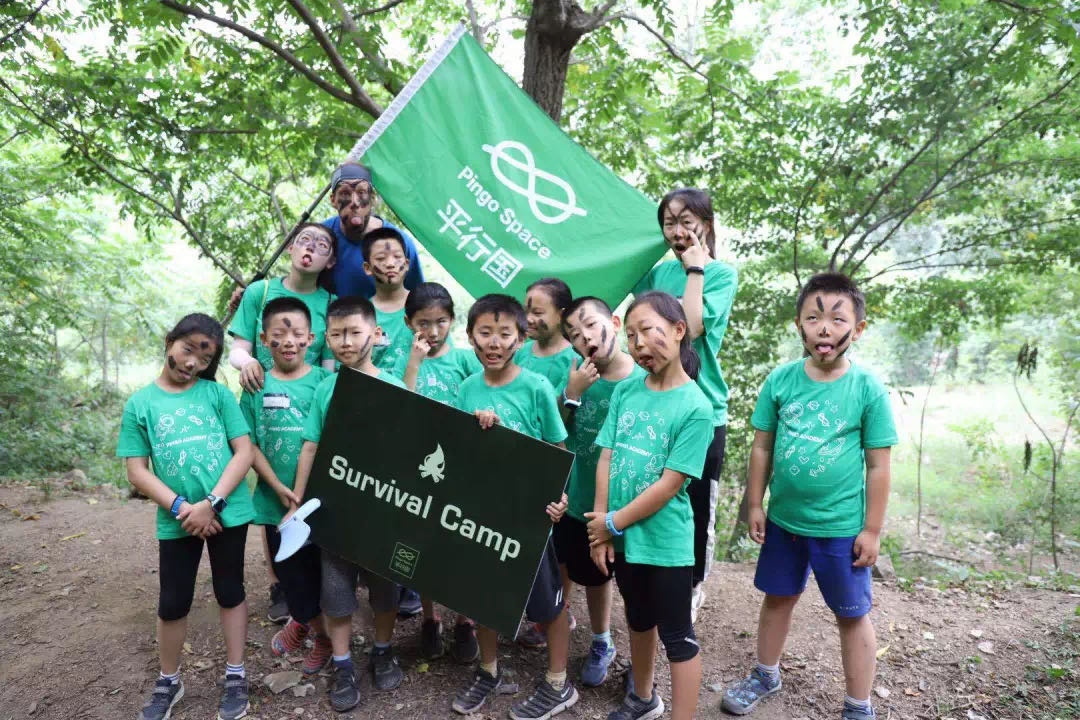
To find out more about The TLC Residential program, add their official WeChat at The Learning Center or call 8046-3886.
To find out more about Pingo Space Survival Camp, scan the QR code below to add their official Wechat account, 平行国 (ID: pingoschool).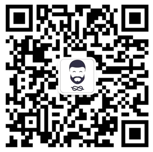
KEEP READING: Summer vs School: If They Aren’t Studying, Are They Wasting Their Summer?
Images: Courtesy of Pingo Space
